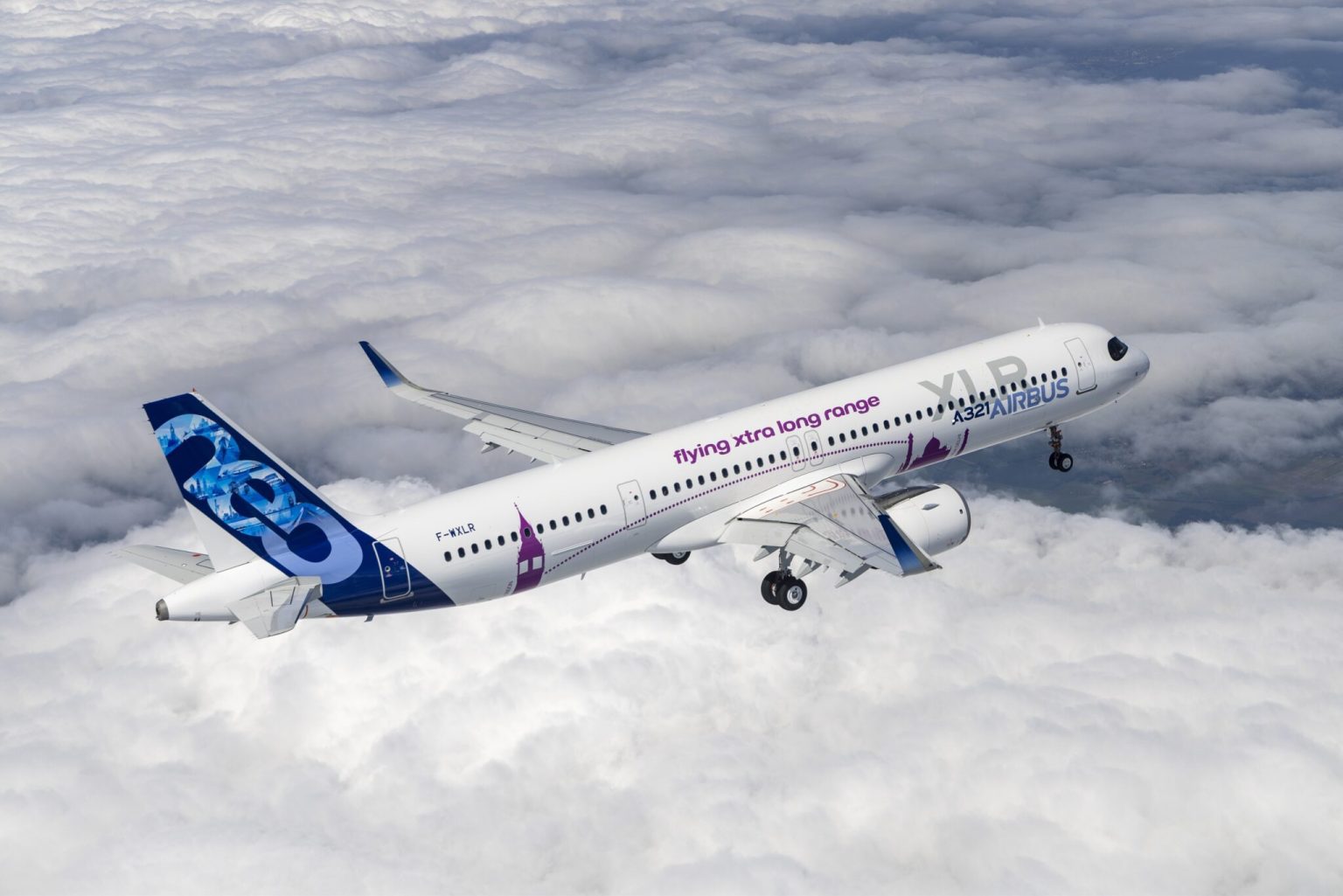The Airbus A321XLR has recently found itself in the middle of a dispute, as Aer Lingus has lost its position as the launch operator of the aircraft. The Irish flag carrier was set to fly the A321XLR before anyone else, but due to a pay dispute with its pilot union, the honor has now been given to Iberia. The pilots are reportedly seeking a salary increase of around 20%, which Aer Lingus has refused to meet. The parent company, IAG, has stated that the new aircraft will not be heading to Dublin if the pilots cannot agree to a deal.
IAG, a powerhouse in the European airline industry, owns multiple brands including British Airways, Iberia, Vueling, and Level. The group has 14 future deliveries of the A321XLR, with 14 options. While the delivery of the first A321XLR to Iberia is expected this year, no decision has been made on future deliveries within the group. The A321XLR is important to airlines, as it offers an enhanced range of 4,700 nautical miles, allowing for narrowbody aircraft to fly deeper into the United States. The XLR also has the same unit cost as a traditional twin-aisle long-haul jet, making it a profitable option for network expansion.
The issues surrounding the A321XLR have not been limited to IAG, as the project has faced various challenges. The initial target for the first delivery was summer 2023, but more recent estimates suggest it will occur in the third quarter of 2024. The delays have been partially due to safety concerns raised by regulators regarding the aircraft’s new features, such as an extra fuel tank. Despite these setbacks, the XLR has received orders from over 550 customers worldwide, including major airlines like Qantas and American Airlines.
The A321XLR is poised to replace aging aircraft like the Boeing 757, offering a more cost-effective and environmentally friendly option for airlines. Airlines like United Airlines and Icelandair are looking to the XLR for fleet renewal and expansion. With its increased range and lower operating costs compared to larger jets, the XLR presents opportunities for airlines to open up new routes and tap into previously underserved markets. The aircraft has garnered interest from both legacy carriers and low-cost operators, signaling a strong demand for this new addition to the Airbus family.
Overall, the launch of the A321XLR has been met with excitement and anticipation from airlines around the world. Despite the challenges and delays faced during its development, the XLR promises to revolutionize long-haul narrowbody travel and provide new opportunities for airlines to enhance their route networks. As the commercial debut of the A321XLR approaches, airlines like Iberia are gearing up to introduce the aircraft on both medium-range and long-haul routes, signaling the beginning of a new era in narrowbody aircraft operations.


